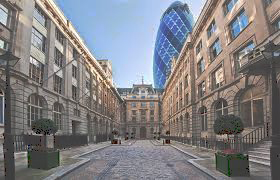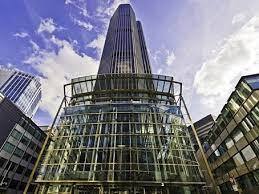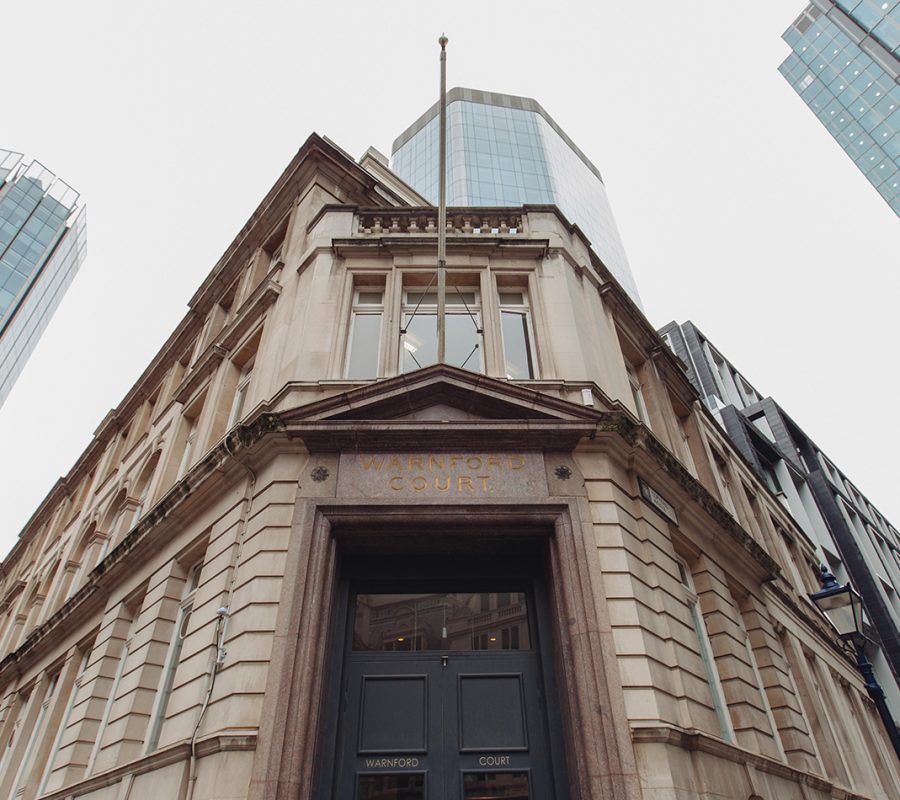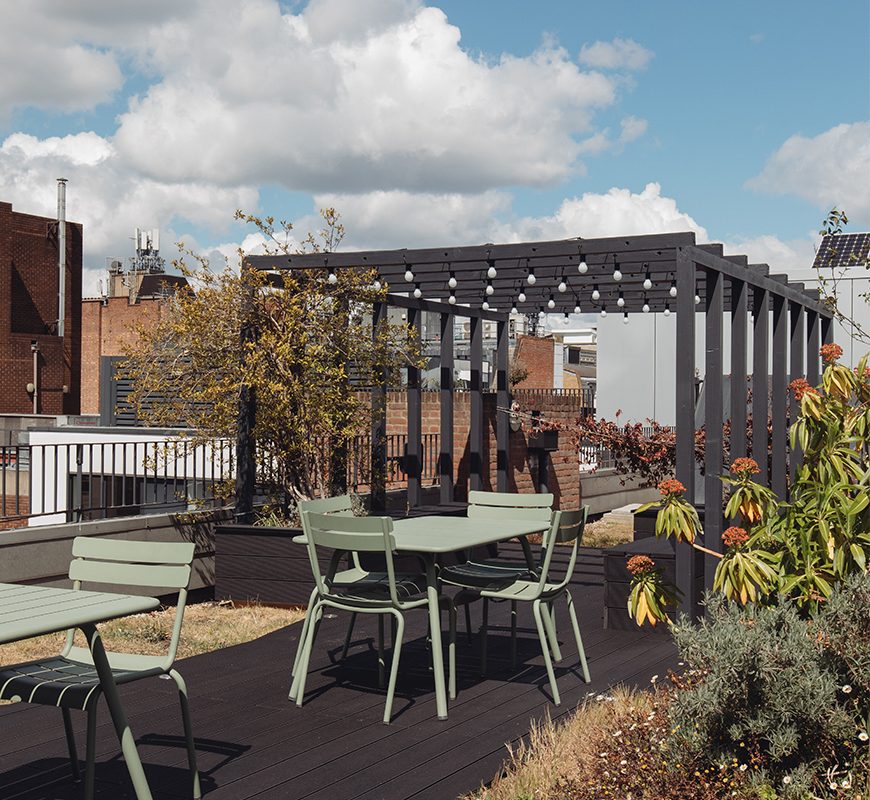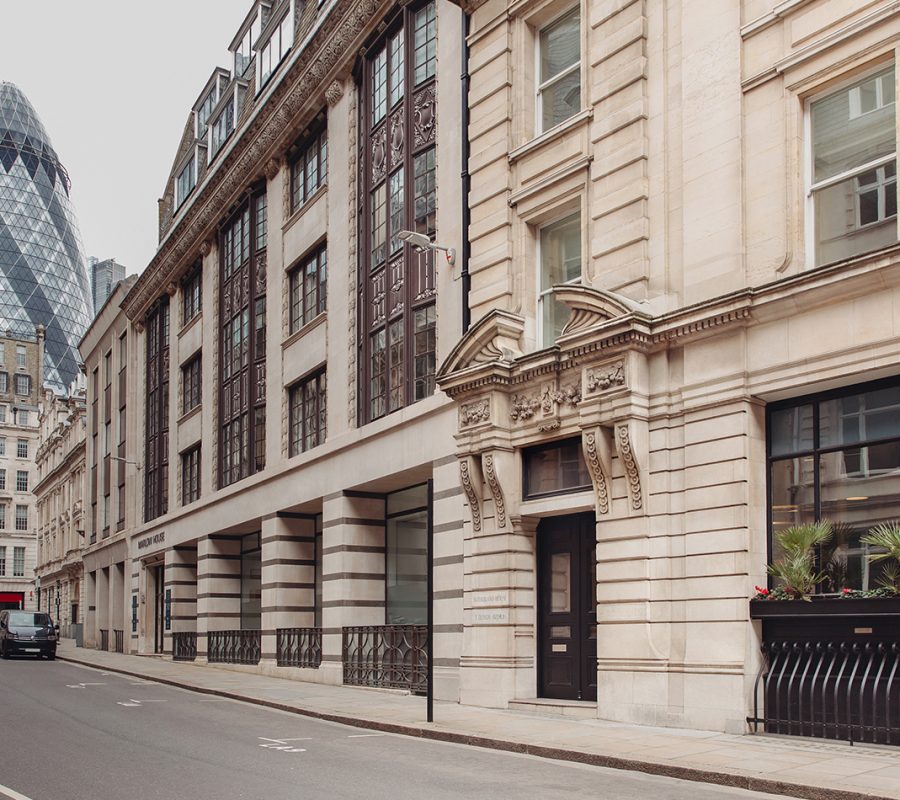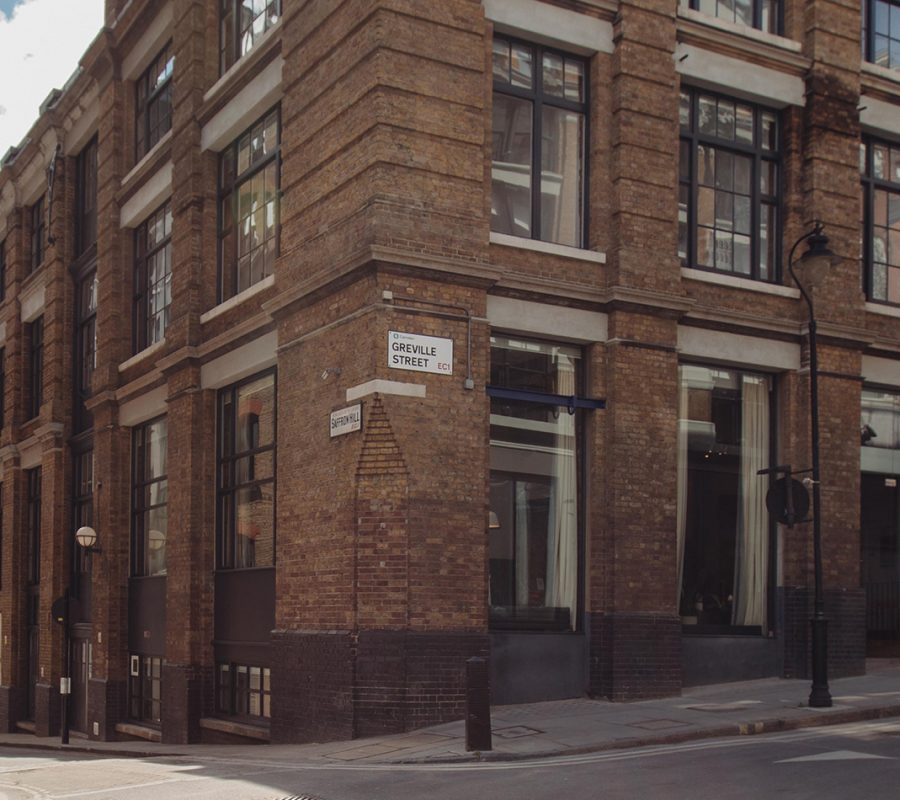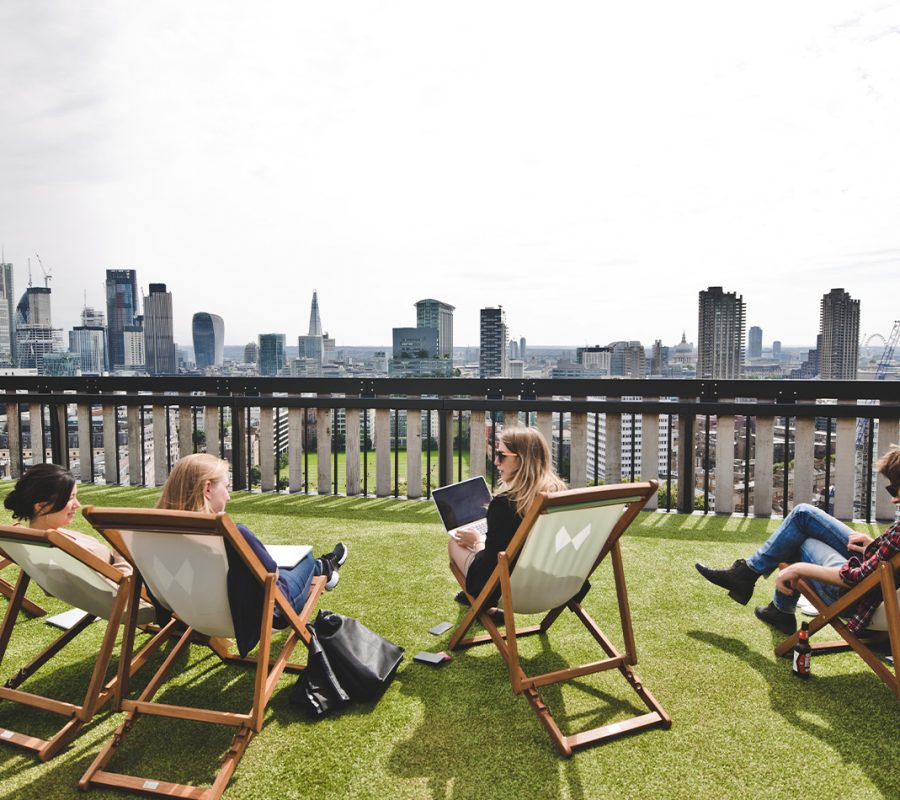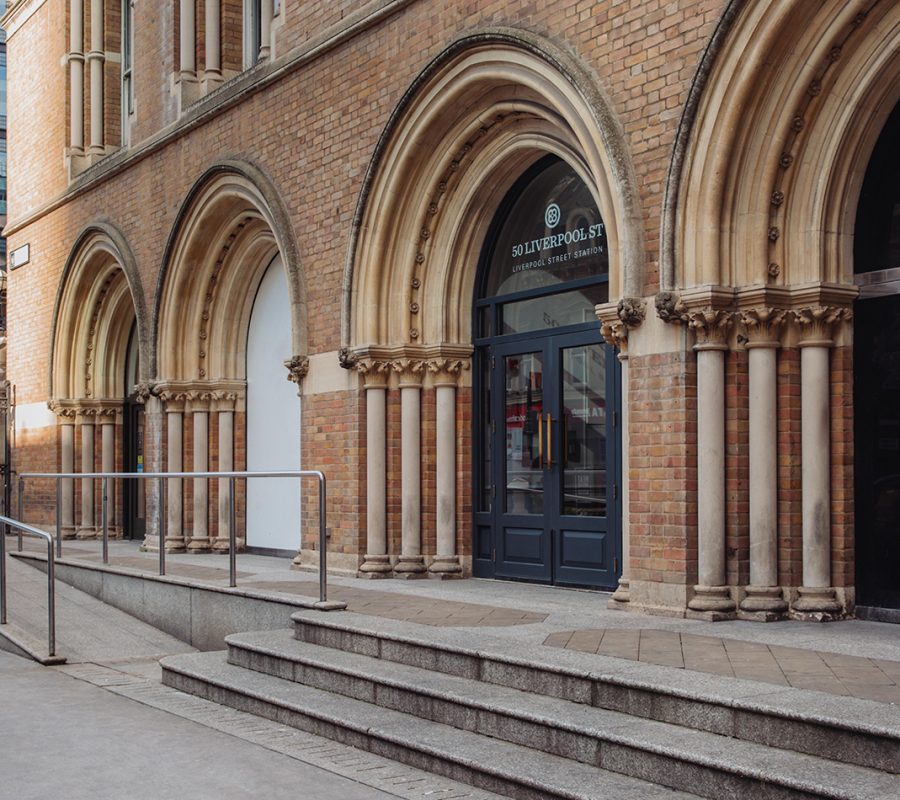Location:City of London
Office Space in the City of London
The City of London will always be a popular location for renting office space. Its unique characteristics celebrate its historical past, and its modern global significance, and this extraordinary blend is represented by the architecture of the Square Mile.
It is so-called because it is 1.12 square miles (716.80 acres) in area. The city is the second most important financial centre in the world (its transatlantic cousin holds the top spot).
The Bank of England was established in 1694 in the City, as was the London Stock Exchange in 1801. For a long time, it was the world’s chief financial market and the backbone of the British Empire.
The City of London is also home to the London Stock Exchange, which retook the title of the largest stock exchange in Europe in 2023. Another financial colossus is the London Bullion Market, a leading gold and silver bullion trading market.
As well as the banking and finance sector, the City of London is important in the insurance industry, with esteemed institutions located on the eastern side of the City around Lloyd’s of London on Lime Street.
Other sectors are well represented in the City, including the legal and professional services sector and the technology, media, and telecoms (TMT) sector. This means that the world’s largest companies ensure they have an office, if not their headquarters, in the City.
This activity means the City’s power is disproportionally vast in relation to its size. With a population of just 8,583 based on 2021 census figures, the number of workers (both full-time and hybrid) employed in the City is over 600,000.
For this reason, the Square Mile generates over £97bn in economic output annually, or 4% of all UK (Gross Value Added) GVA. Yet, the City only accounts for 0.001% of the UK’s size. It also generates £1.1bn in business rates, representing 5% of England’s total business rate collection.
The banking and financial services sector in the City accounted for £56bn in GVA in 2022, which represented nearly a third (28%) of the GVA from the whole of the UK’s financial services sector. Its legal and professional services sector generated £15bn in GVA, which represented nearly a fifth (18%) of the UK’s professional services sector.
For these reasons, the City is as important as it was when the Romans formed it in the 1st century AD. At that time, London was the City of London. Over the centuries, 25 wards were created with names familiar to many, such as Aldgate and Billingsgate, and some less so, such as Bassishaw and Vintry.
Today, it is a city, ceremonial county and local government district, not one of the London boroughs. The local authority is the City of London Corporation which is unique in the UK with some unusual responsibilities for a local council, such as being the police authority. The corporation is headed by the Lord Mayor of the City of London (an office separate from, and much older than, the Mayor of London), who administers the wards at the historic Guildhall.
Today, the City’s architecture represents the amalgamation of old and new, with historic buildings such as St Paul’s Cathedral, Royal Exchange, and Mansion House rubbing shoulders with brand-new state-of-the-art office skyscrapers.
These office buildings offer prime office space for rent on conventional leased bases and an increasing number of Cat A+ ready-to-occupy office space options.
The City offers a wide range of flexible office space and workspace options from a wide range of office providers, workspace operators, and landlords, such as private serviced offices, managed office suites with space for 150+ desks, and coworking desk space solutions.
Flexible business space options, often referred to as flex space, are held by way of short-term occupational agreements and offer all-inclusive rental pricing covering utilities, furnishings, cleaning, reception services, and many other items. Many are equipped with first-class amenities such as gyms, showers, quiet rooms, coffee bars, and lounges.
Many of the best-in-class offices available to let in the City are offered by B-Corp office providers, which offer spaces that align with occupiers’ high environmental, social, and governance (ESG) standards.

